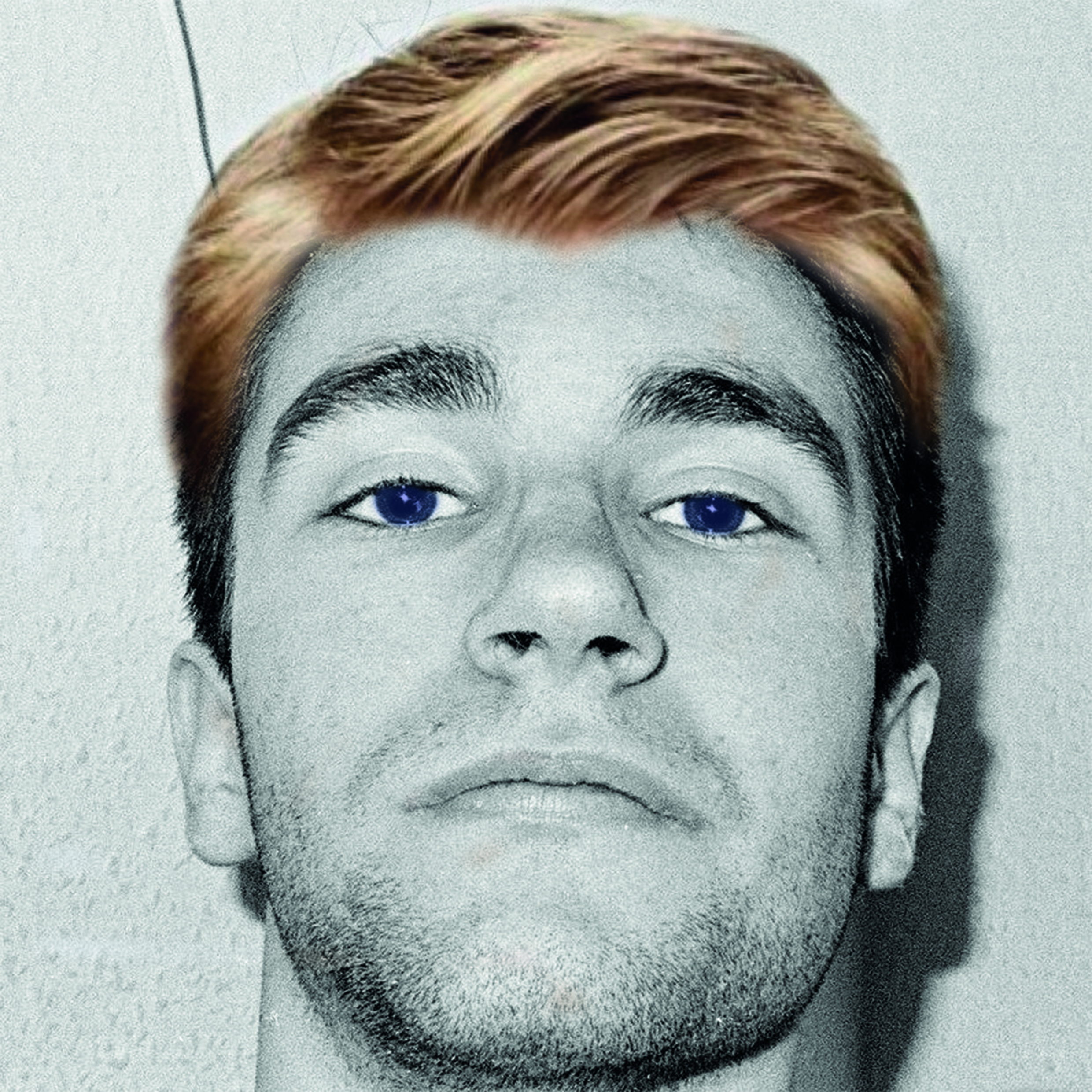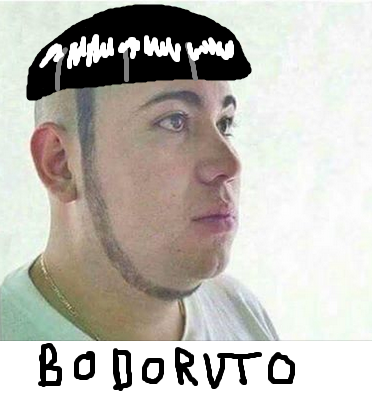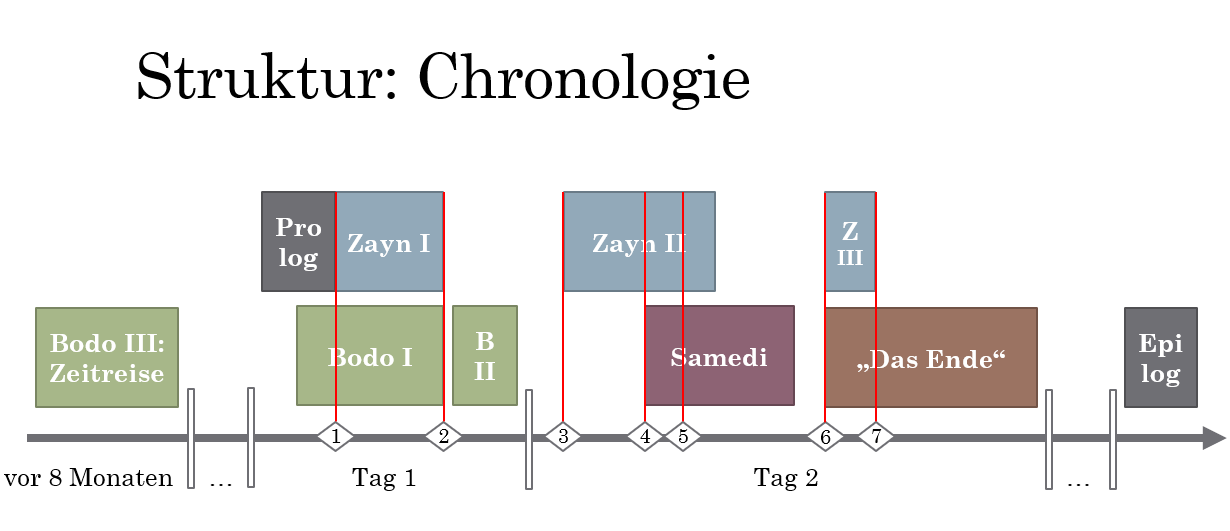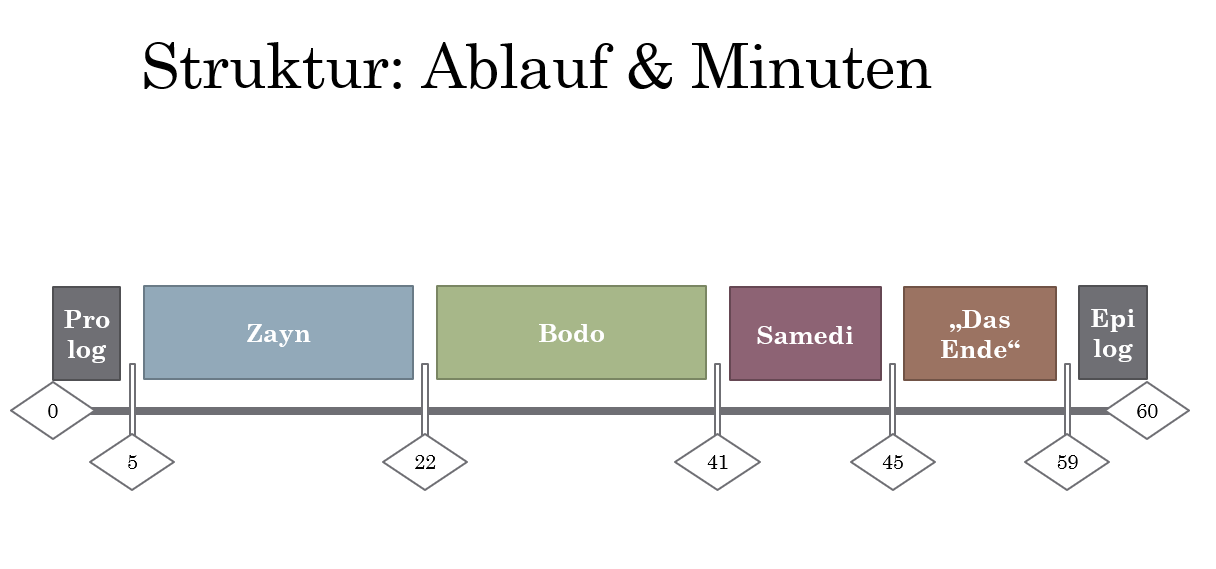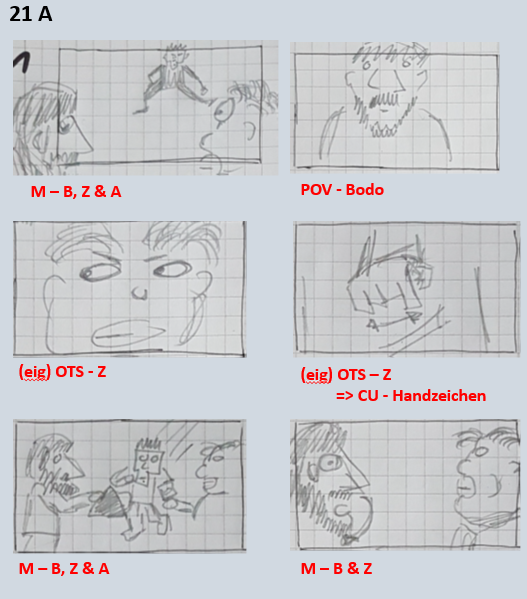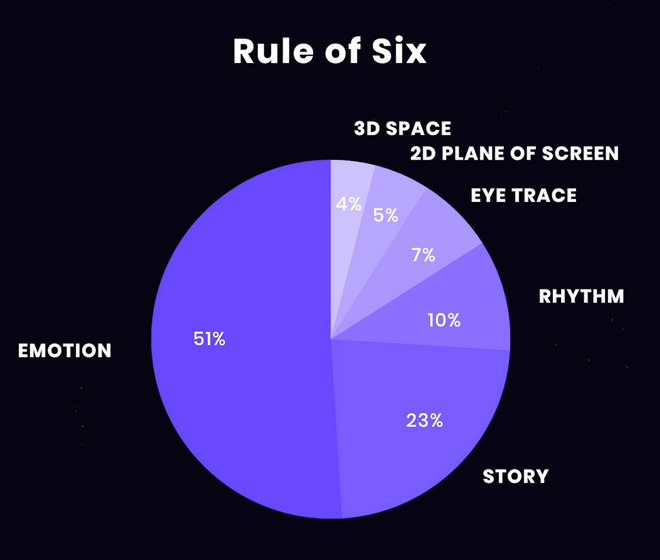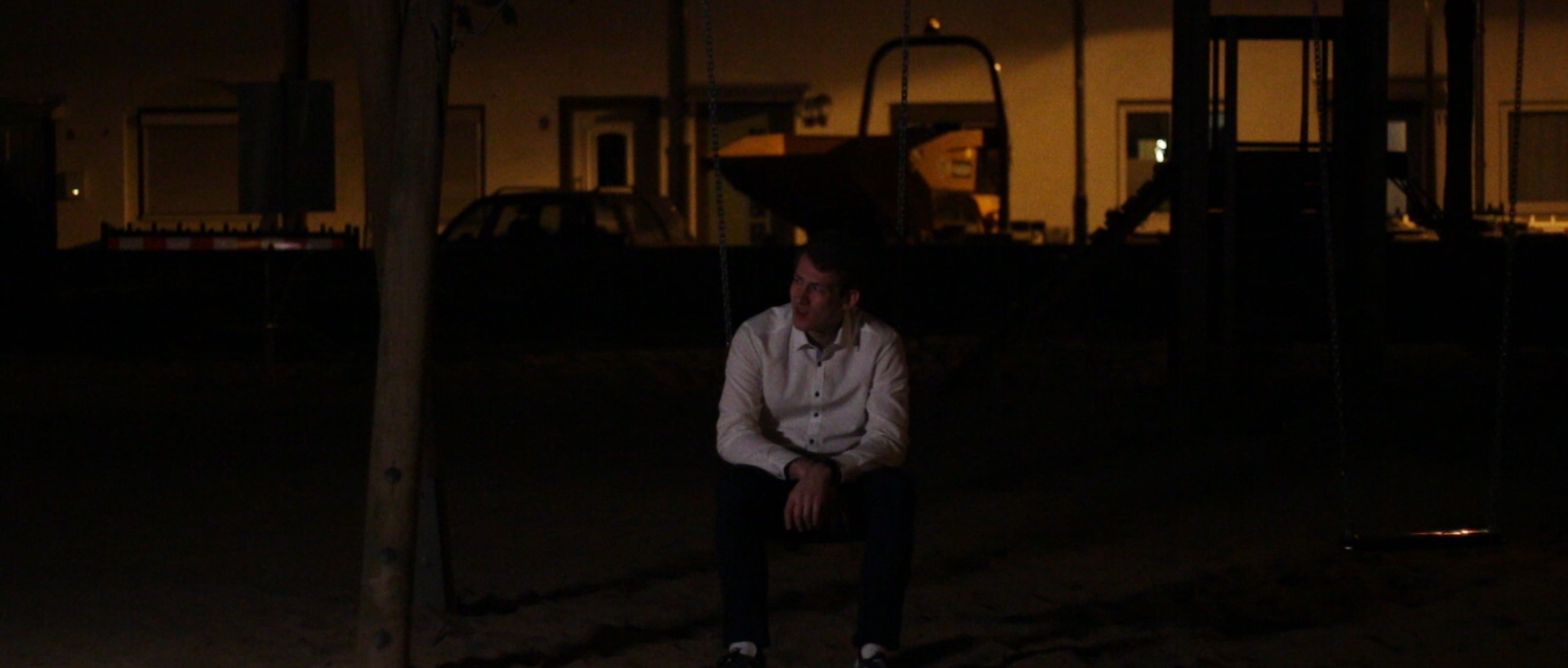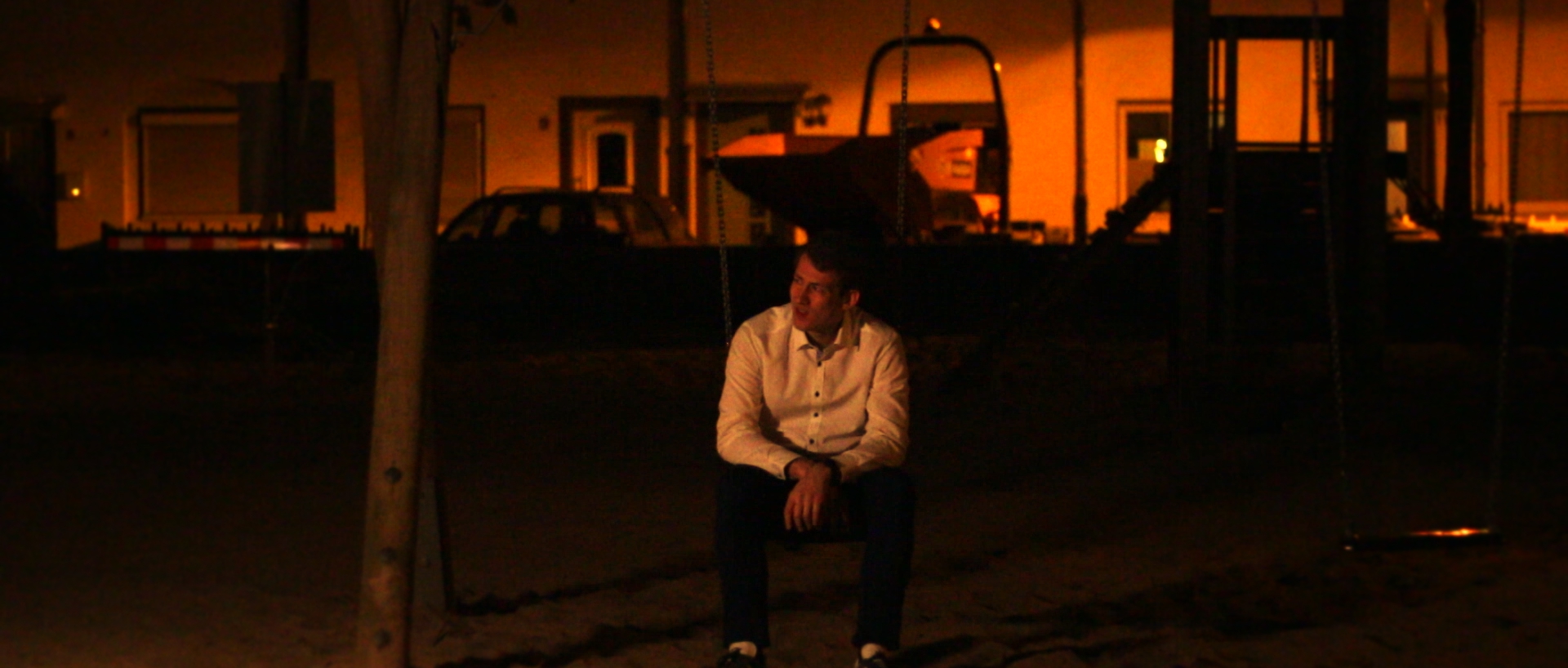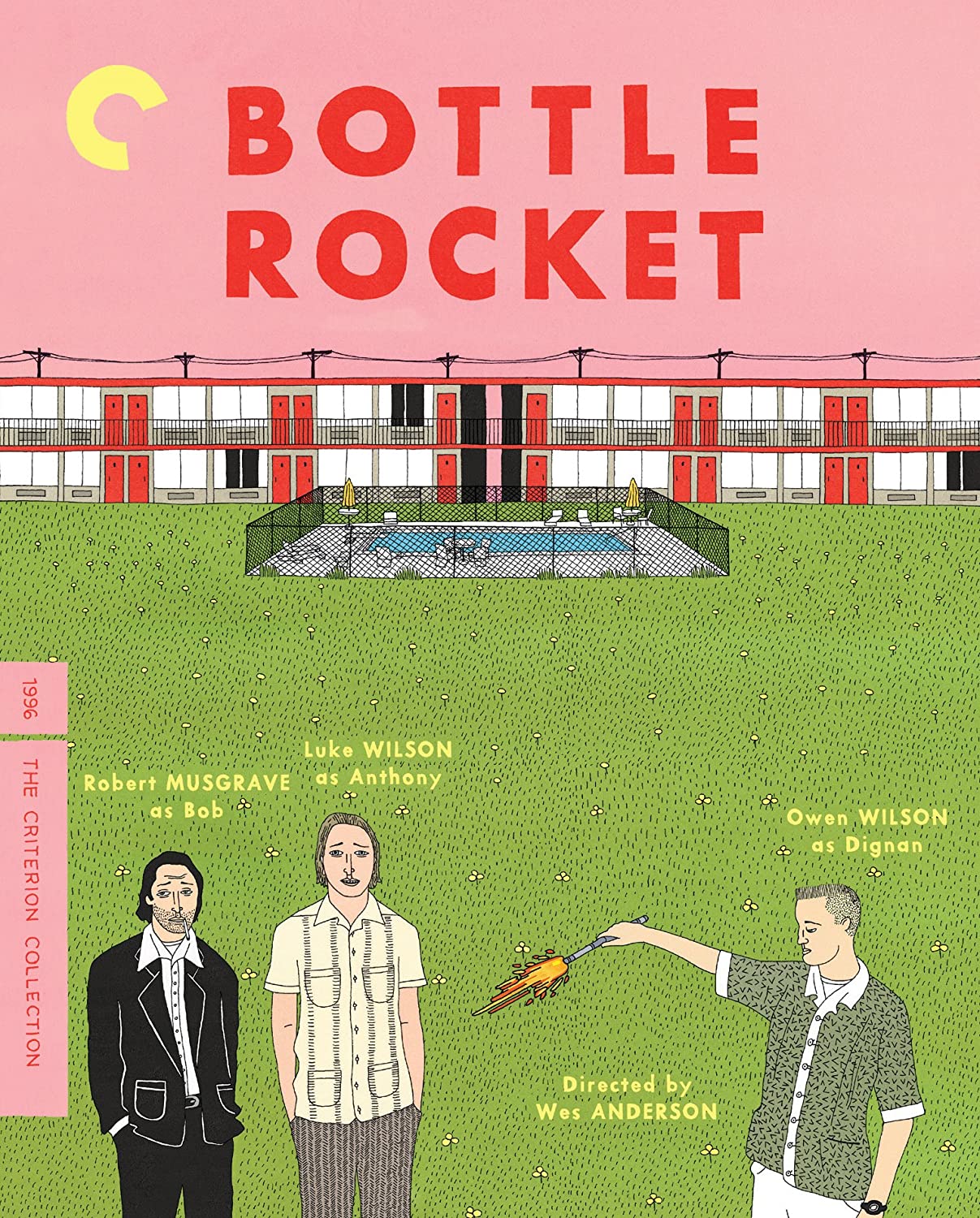Before I started shooting, I had to do some research into what kind of equipment I'd need to create my Oscar-worthy motion picture.
Let me start by saying this: The equipment alone is not what makes a movie great. Use what you have / what you can get your hands on. For my stupid project, I tried to maximize bang for buck on a super tiny budget. Gear can get expensive quickly. Practicing with suboptimal equipment can teach you alot. You will be forced to learn how to work around limitations.
Do as I say, don't do as I do. Never take advice from someone who does not know what they are talking about. My technical skills are still very subpar.
Here's an overview of what I used. This is certainly not advice. You should do your own research.
Looking back I have some buyer's remorse.
My camera has a
small sensor (~1.6 crop-factor for lenses or something),
bad audio jack (INSANE white noise doesn't matter the mic), and
sucks in low light (wouldn't recommend going over ISO 200 honestly). It can't even record longer than like 12 minutes per video (and only 30mins at a time). Everything was shot at 1080p since thats the max recording resolution.
Waahhh!Using a shotgun mic on top of my camera, I pretty much was forced to use the kit lense at ~20mm to get close enough for the audio recordings but also far away enough to capture everything I wanted in frame (especially in in-door setups). The crop factor made the 50mm (aka "Nifty Fifty") only usable in close ups and night shots.
I'm pretty happy with the rest, I guess. I am completly hopeless in using a glidecam but thats my own fault. 👉👈😳
Every plan needs to be flexible. If you're too stiff in your approach, you will get dissapointed.
Take it easy, but take it!The struggle of the filmmaker is trying to bring imagination and reality together, but never being able to actually do it.Despite everything, it's always most important for me that everyone has fun on set. Not in a cynical way, though! Getting the chance of actually having a shooting day come together is huge. This doesn't happen often, so you need to grab it by its neck. It's one of the few opportunities you get to practice. I like to give people the frame and leave room for experimentation. As long as it doesn't break the "frame" of a given scene entirely, it's fine to go berserk. Planning everything in advance and then sticking to it is boring.
Paved roads and beaten tracks exist for security reasons, to make people feel safe by avoiding risk. Some people may see it as a failure if you don't end up arriving where you set out to go. I disagree, mainly because it provides you opportunities to be original. The goal should be to find your own path and make it work. But this might just be my brain rationalizing away the terrible thing I made ;)
In the heat of the moment, the amount of stuff happening on set is too much for a single primate brain to keep track of. You can only focus on so many moving parts when shooting before you lose overview of the important stuff. 🐵
Big shout out to my friends! They took over aspects like continuity, making sure dialog lines got delivered correctly, came up with suggestions, and so much more. I would've been totally lost and the final movie would've turned out sooo much worse if it wasn't for their engagement with the stupid story I came up with. All collaborators forge the movie. It's never a one man show.
There are some things you only learn by doing. For example, batteries are a limiting factor. I remember thinking that I could just leave my camera "on record" my whole first day of shooting and then being surprised that my camera ran out after the first scene. As mentioned before, I also couldn't record longer than 30 mins at a time.
After the first day of shooting, I immediately knew I had a turd in my hands. 💩 My recordings weren't sharp at all! The sound sucked! Everything looked wonky. Reality hit me -- This might not be my ticket to Hollywood :D
In general, filming is frustratingly slow. I was not expecting there to be this many necessary shooting days. You get so much less done in a day than you think on paper. Especially when you like to experiment. Even things like lighting conditions aren't permanent. You have windows of time (e.g., the
"golden hour"). If you didn't get what you wanted before it's dark, you will have to come back another day.
My biggest tip: Get all filming done as quickly as humanly possible!!! In the time between shooting days, hair grows and people/relationships change. At some point, it had been so long there was DUST building up on my equipment. Truly heartbreaking.
A lot of organizational effort is required to get a group of people to the same place and at the same time. With each additional person the chance of failure to meet up increases exponentially. This was quite mentally taxing for me. Not everyone cares as much as you do about your project. They have their own lives and priorities. Be understanding. It's only a movie… Next time, I should pay them, I guess… 🤷♂️
In total, there were seven shooting days plus some additional pick-ups & reference videos for the animation part. Not everything ended up in the final video but I tried my best to not let any efforts of my actors go to waste. This also meant making adjustments to the script and story. After each shooting day, I created an outtake video to send to my friends.
I always laugh a lot while editing 😁
